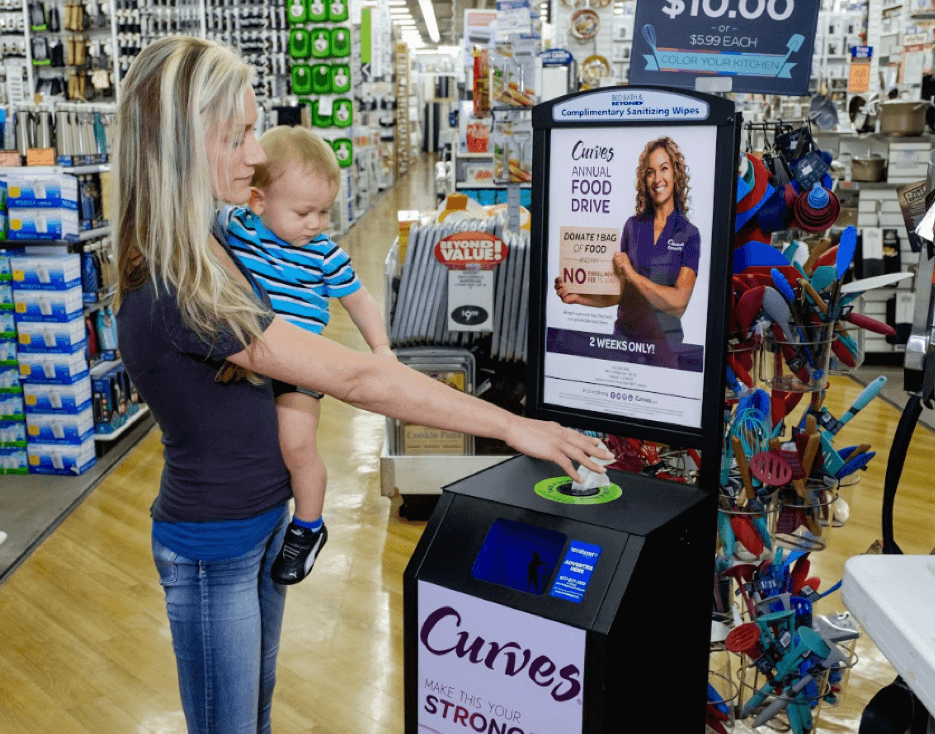
With so few people possessing an in-depth understanding of how insurance works, brand reputation and name recognition may often be the driving factors that influence which insurance company is ultimately selected. When it comes to health insurance in particular, that reputation needs to be based on trust and reliability.
People gravitate towards what’s comfortable and familiar, which is why trust is so integral to any successful health insurance marketing strategy. Since insurance selling is no longer done through one-on-one sales, an insurance company’s marketing strategy will often be the first point-of-contact they have with consumers, so it’s important to strive for that first interaction to be a positive one.
Just like doctors often tell their patients, a few preventative actions are often far more powerful than an excess of medication. What this means for insurance marketing is that it’s better to plan a strategy ahead of time so when it comes time to choose from a lengthy list of insurance providers, one name will stand out as having a reputation for community care and involvement.
Use Brand Identity as a Differentiator
Unlike in other industries, differentiation amongst insurance companies can’t always be dependent on price or features. While people generally love saving money, low prices on insurance are often associated with lesser coverage or quality of care. When it comes to advertising features, a typical patient is unlikely to know the ins-and-outs of any given service. They will, however, take notice of how clearly outlined a company’s beliefs and provisions are.
This is why having a consistent brand identity focused on trust, reliability, and community involvement is invaluable in this space. Consumers want to receive healthcare from those companies which aide the community through donation drives, charitable marathons, and otherwise improve the health and wellness of the community in which they operate.
Use Customer Reviews and Advocacy
On average, a customer will only leave a review for a product or service that they find exceptionally good or exceptionally bad. While these are helpful, there’s only so much value to extract from two sides of an extreme spectrum. One way to counteract this division is by asking customers to provide reviews or feedback on the services they’ve used.
This is not always easy, but offering customers a small incentive can go a long way towards encouraging customers to provide valuable feedback on their experience with their insurance. Even a brief blurb of feedback can be incredibly helpful in the bettering of an insurance marketing strategy, as it’ll illustrate to other prospective clients whether the given service is the one they’re looking for.
Most buyers trust other buyers more than they trust sellers. So when existing customers leave favorable reviews, they’ll be advocating for the services they use and help attract new clients to it.
Be Consistent and Proactive
Even with all of the regulations and restrictions that come with marketing in the insurance industry, there is a great freedom to choose to do good in spaces relevant to this domain. There are countless opportunities to support health and wellness within local and national communities that can develop positive brand recognition through acts of service.
Consistency reigns supreme in an insurance marketing strategy. A single event or campaign, no matter how charitable, will be soon forgotten in today’s fast-moving news cycle. Insurance brands must become pillars of their communities to the point where they are essentially a neighbor to its consumers.
This could be as simple as providing free hand sanitizing wipes at the local grocery store to prevent the spread of germs or sickness, to as complex as organizing an annual charity event. Whichever path is chosen, it should engage with the community in a meaningful way if they are to stay top of mind in this competitive marketplace.
